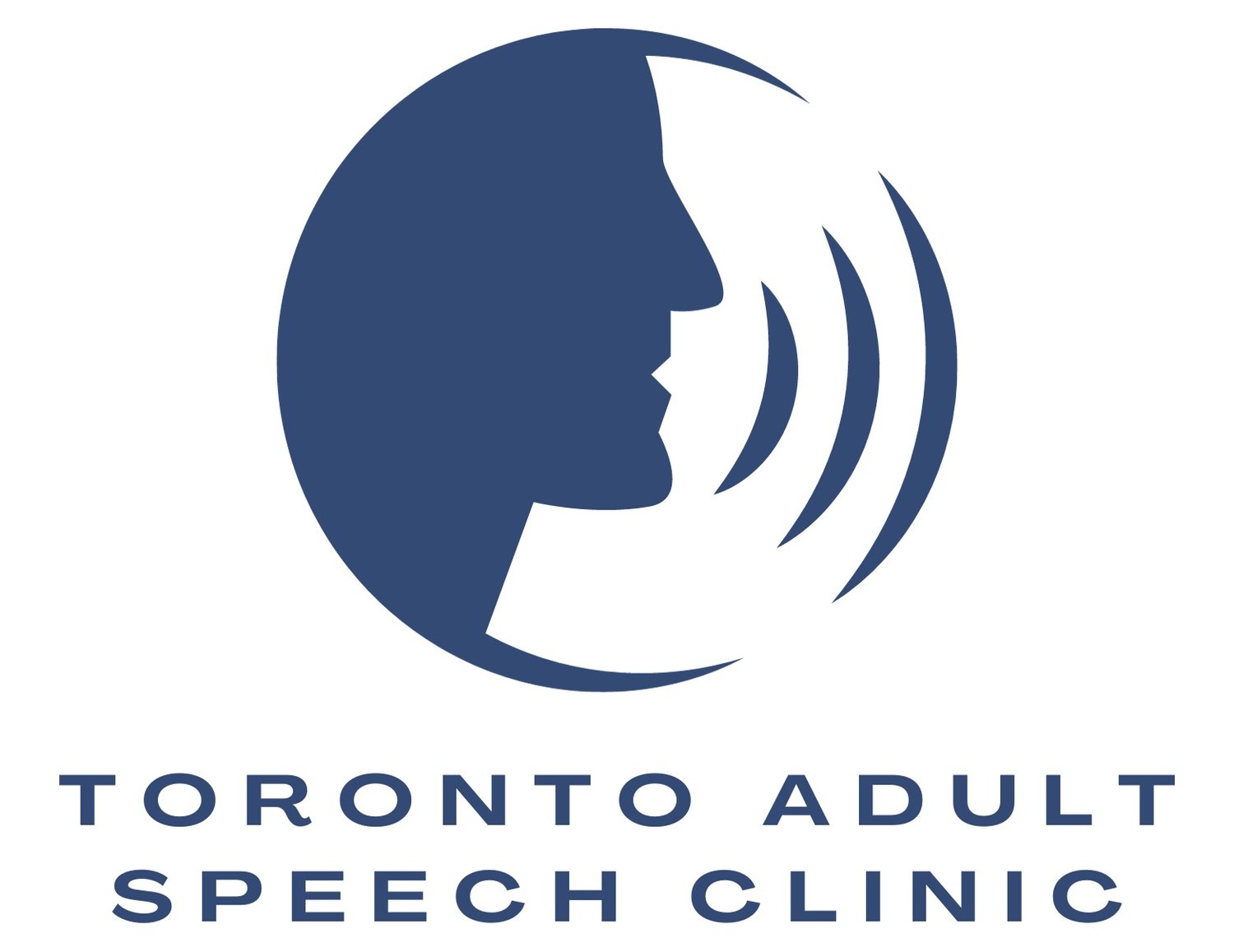"Vocal Validation"
“Vocal Validation”
An Open Letter on Self-Affirmation Through Singing
People often ask me as a speech-language pathologist, “What made you get into this field?” In a word: Authenticity.
I have personally and professionally experienced the impact that not being able to express one’s most authentic Self can have on emotional and mental well-being. I have seen people struggle to conform or modify their communication in a situation (or their entire life) based on feeling like their authentic Self was “disruptive” to the comfort of others. And in some cases- they were even told as much.
Authentic expression shouldn’t be a luxury “granted” or “bestowed” upon someone by society, it is a right. Read that again.
I purposefully designed my practice to be a safe space for people who are anywhere on the gender spectrum (cis, trans, non-binary,…) to learn the tools they need to express their most authentic Self. It is not just about having them speak their truth, it is about amplifying it.
If we have learned anything over the last year, it is that voices that have been silenced or ignored need to be heard louder over the noise of what is considered to be “comfortable” or “normal” according to white cis-gender constructs. We have to create spaces and hold these spaces for individuals to finally feel safe to express themselves authentically. That is our responsibility; our burden to bear- not theirs.
Through advocacy and communication training, that is what Toronto Adult Speech Clinic is designed to help do- but we are not alone.
I sat down recently with my friend Chris Fischer, who has decided to use their unique skill set and personal experiences to create a space for authentic expression through singing. They have written an open letter to introduce you to the space they are carving out for individuals on the gender spectrum called Vocal Validation.
Without further ado, it is my pleasure to introduce you to Chris Fischer and Vocal Validation:
My name is Chris Fischer (they/them), and I am a singer and teacher of singing based in Guelph, Ontario. I have sung professionally as a classically trained tenor for about 25 years, and I am trans AMAB. Oh, I tried to play the part of a man for a really long time, but it – as with my sung parts onstage – was only a role. I came out as non-binary last year, and am currently in the early stages of my transition to live as my authentic self. As a teacher and as a performer, I have learned through many years of trial and error just how intensely personal this whole singing enterprise can be, and that the walls that we humans construct to protect our true selves from those who might hurt us do not always serve us well when we try to communicate our deepest feelings through song.
Singing isn’t just about music, or even lyrics; it is a uniquely powerful form of expressing our innermost selves, since it combines the physical, intellectual, emotional, and spiritual into one. In order to communicate successfully in all of these areas, we need to be able to embrace our voices as an inseparable part of our identities. In short, when we sing, we reveal who we really are to the world.
I’ve just begun teaching as part of an online studio focused exclusively on trans, non-binary, and gender non-conforming individuals, because our community needs to be supported and affirmed as who we are, however we choose to express ourselves with our voices. “Vocal Validation” is about customizing the teaching and learning process, in any musical style or genre, based on individual students’ vocal priorities and goals: for some, that might sound like continuing to grow in confidence with their voice as they have used it in the past, while for others, that might sound like practising techniques to modify their approach to singing to fit more coherently with their desire to change their voice production to be more masculine, feminine, or neutral in character and in colour, register, pitch and/or resonance. This process involves a good deal of trust between student and teacher, and more than a little forgiveness, kindness, and patience for ourselves at every stage along the way; it is a long-term project!
Singing is so intimately connected to our communication with others, as it is a such a profound sharing of the deepest parts of our hearts and souls. Someone once told me when I was in university that singing was a language: it is so much more than a language, as it is a full body experience, and not simply an intellectual one! I see it as my mission to help trans, non-binary, and gender non-conforming folx to let their bodies be their guide, to record how their muscles respond to vocal exercises and different ways of interpreting songs, to pay attention to how they’re feeling and to what seems more honest and truer for them.
This is Vocal Validation, and what a privilege it is! Thank you, Jordan, for letting me share this with your community.
I am so grateful to Chris for sharing their story and perspective here. If you are interested in finding out more about Chris and Vocal Validation, you can find their website here: https://vocalvalidation.com/
If you are interested in finding out more about our communication and voice training for people who are transgender or on the gender spectrum, you can find more information here and do not hesitate to contact us if you have any questions.


